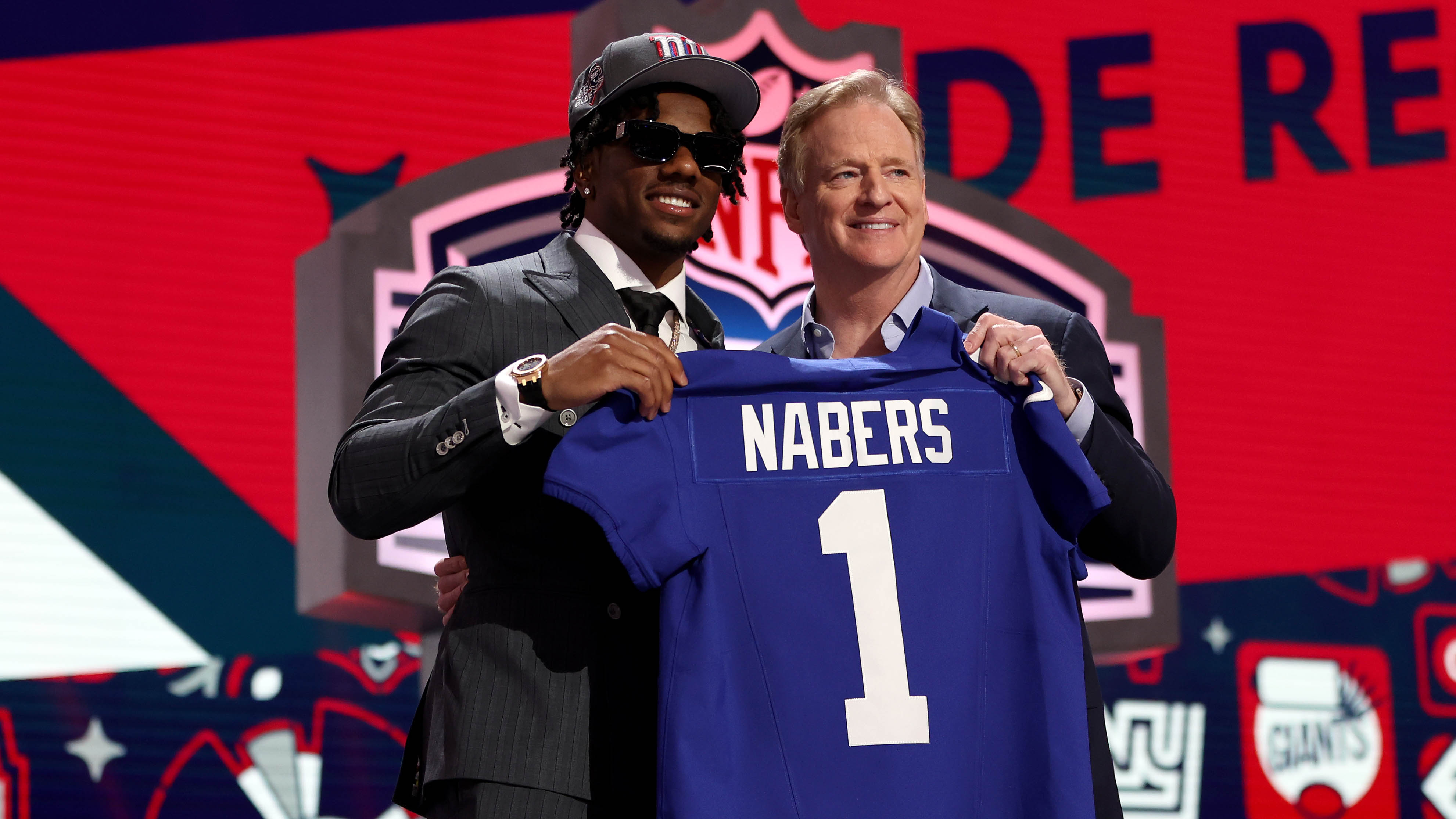Property owners can't be forced to give up about a tenth of the land Columbia University wants for a major expansion, an appeals court said Thursday.
The state Supreme Court's Appellate Division said condemning a half-dozen gas stations and storage facilities to benefit an elite private school is unconstitutional and unwarranted.
"A private university does not constitute facilities for a "civic project," Justice James M. Catterson wrote. He said the move breached the U.S. Constitution's limits on the government's power to take land for public projects.
Columbia declined to comment on how the ruling would affect the school's $6.2 billion plan to build a satellite campus with new housing, laboratories and other facilities. Lawyers for the holdout property owners said the Ivy League school already owns or controls more than 90 percent of the 17 acres it's seeking in west Harlem.
The ruling bars a state agency from forcing sales of the remaining six properties on Columbia's behalf. The university could try to work out a deal with them, build around them or hope the ruling gets reversed on an expected appeal.
"We don't seek to be an impediment to Columbia's development — they just can't do it at our expense," said David L. Smith, a lawyer for the Singh family, which owns two gas stations where family members started out as employees in the 1980s.
"It is the only business that they have," Smith said. "It means everything to them."
Local
Columbia has said its plan means thousands of new jobs and "a new kind of urban academic environment."
The Empire State Development Corp. planned to secure the six properties for Columbia by using the government's power of eminent domain, or acquiring land by forcing sales.
The agency said the area was blighted by obsolete, deteriorating buildings, many of them vacant.
The appeals court said that claim was "mere sophistry" engineered to justify clearing the way for Columbia — and that the university contributed to the rundown conditions after acquiring properties in the neighborhood, also known as Manhattanville. Columbia forced out tenants, left leaks unfixed and let garbage sit uncollected, the court said.
The ESDC called the ruling "wrong and inconsistent with established law" and said it planned to appeal.
The decision follows recent high-profile cases in New York and elsewhere testing the legal boundaries of eminent domain.
In the best-known, homeowners in New London, Conn., fought for years to keep the city from taking their properties for a multimillion-dollar development to complement a new Pfizer Inc. pharmaceutical research facility.
The U.S. Supreme Court ruled 5-4 against the homeowners in 2005, setting off an outcry that spurred new rules protecting property owners in dozens of states. Then last month, the drug giant announced it would close the research center and move about 1,500 jobs out of town.
In New York, the state's highest court ruled last month that the ESDC can use eminent domain to force homeowners and businesses to sell their properties for a massive Brooklyn development that includes a new arena for the New Jersey Nets. The Court of Appeals said the plan was justified by the agency's finding that the area was blighted.
Against that backdrop, the decision in the Columbia case is "a major win for private property owners and community activists" fighting eminent domain, said Norman Siegel, a lawyer representing the storage facility owners, the Sprayregen family.



